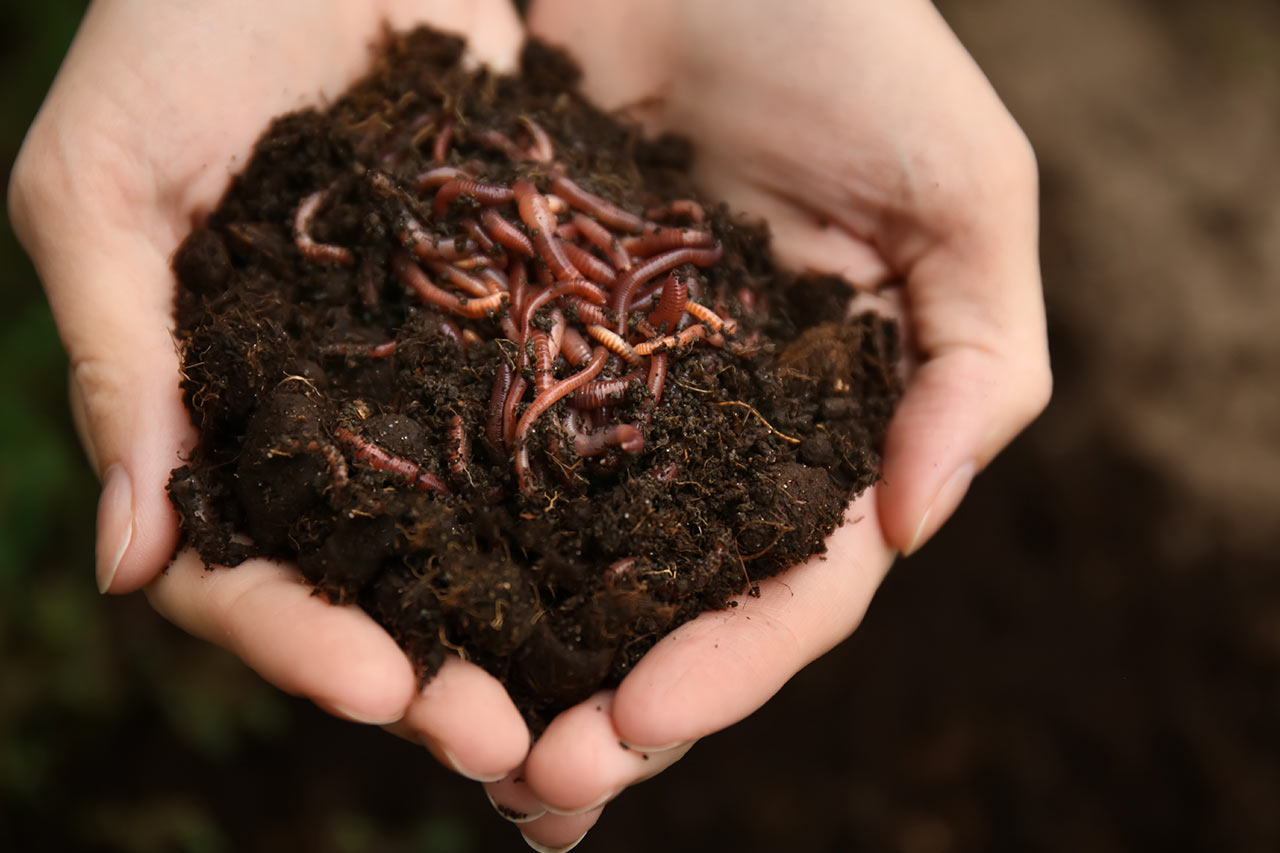
Circular economy
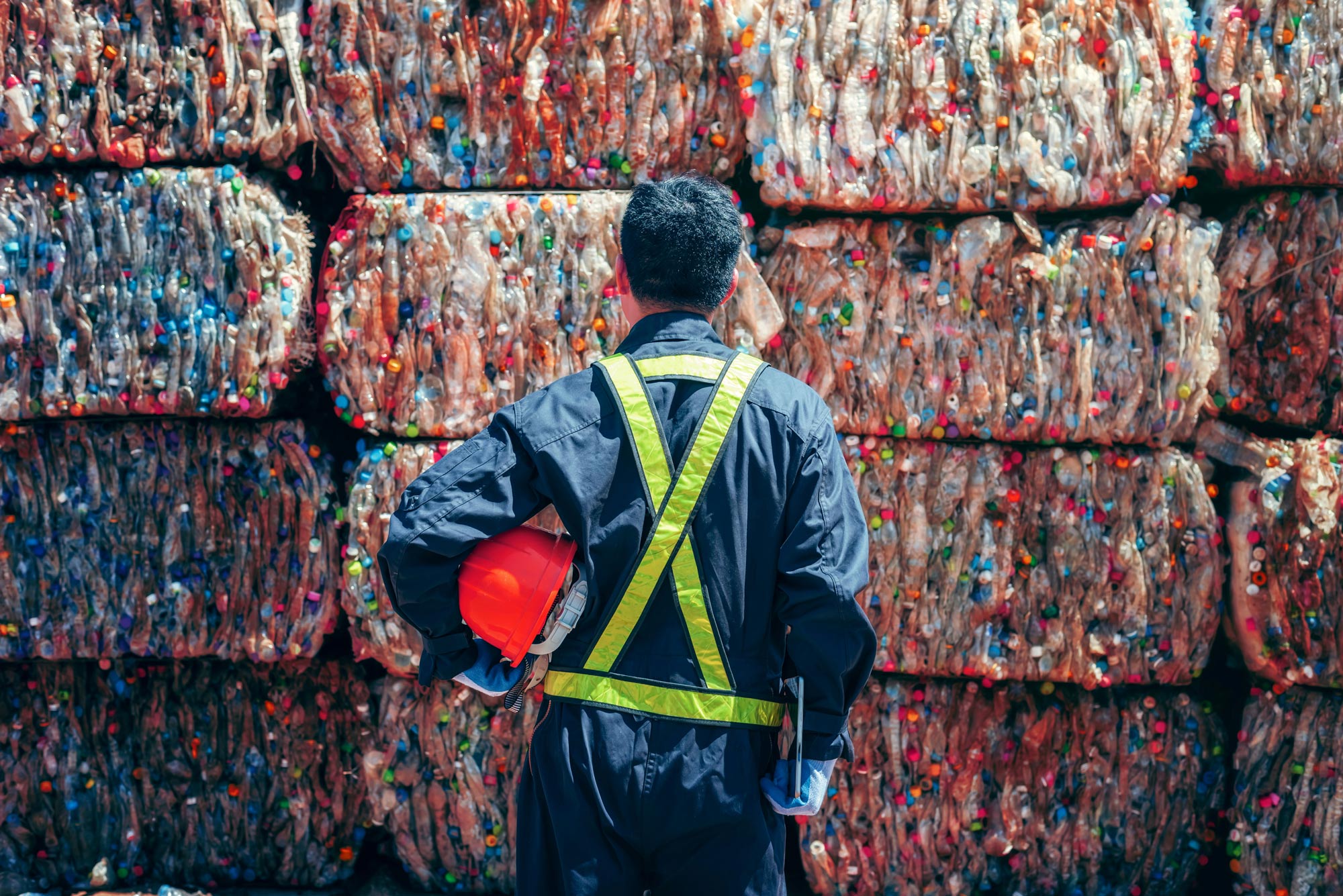
Develop your circularity strategy and identify valorization opportunities
Our specialized team supports companies in their circular economy initiatives, particularly in projects involving eco-design, resource reduction, waste recycling and reuse.
They trust us



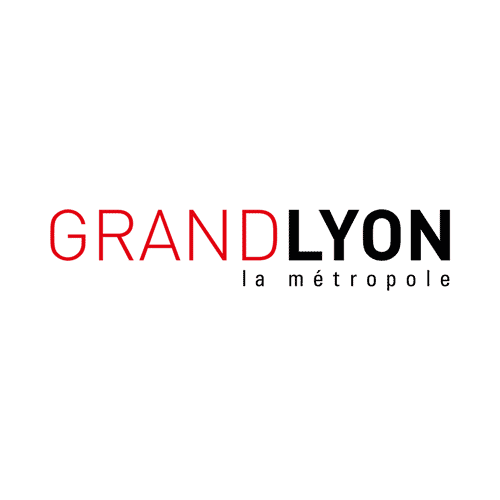


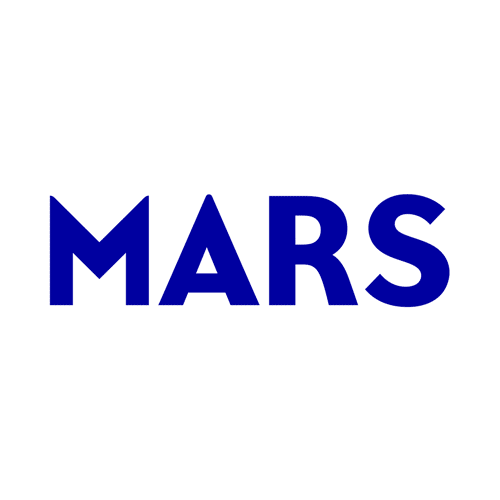
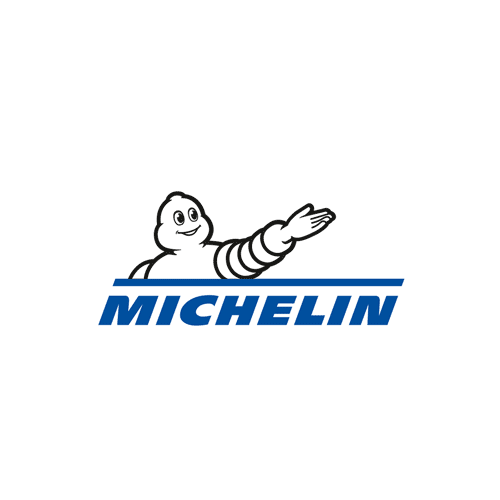

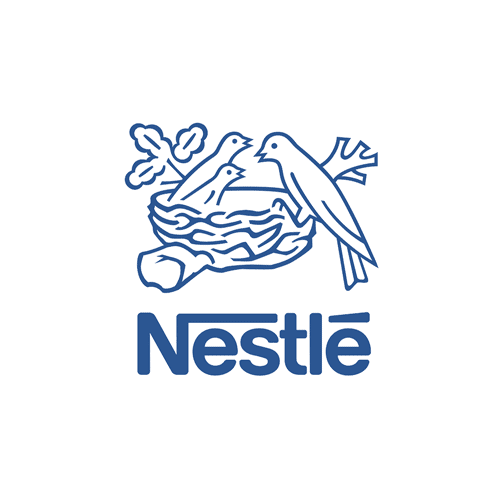
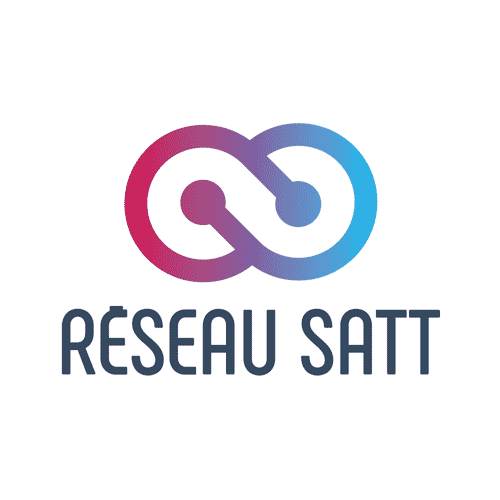
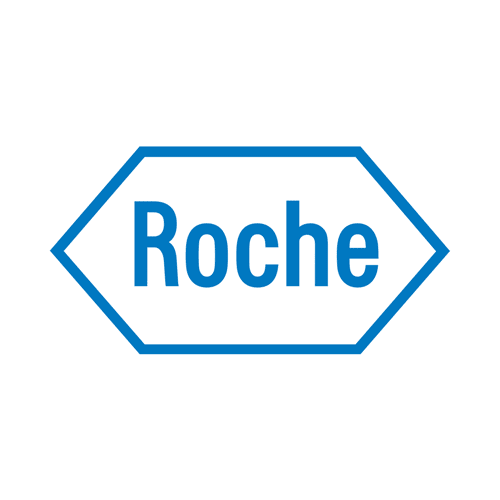


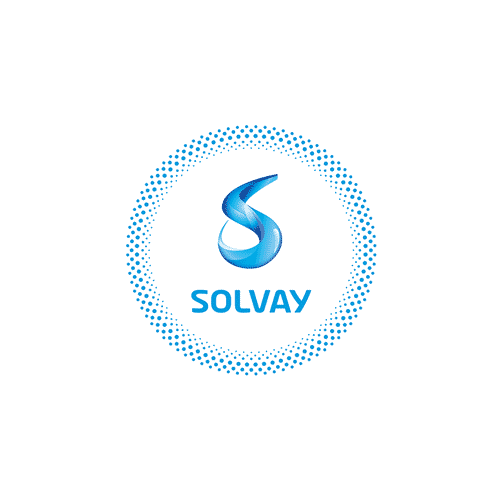
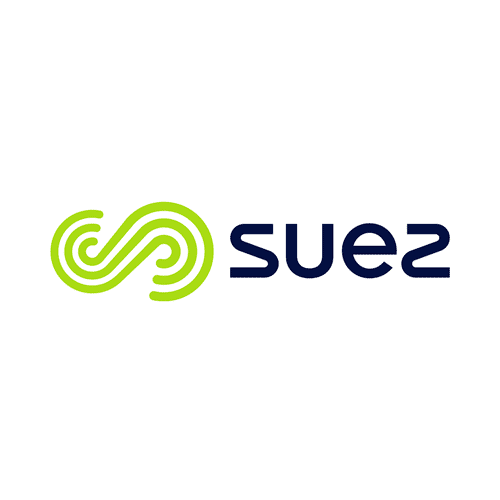
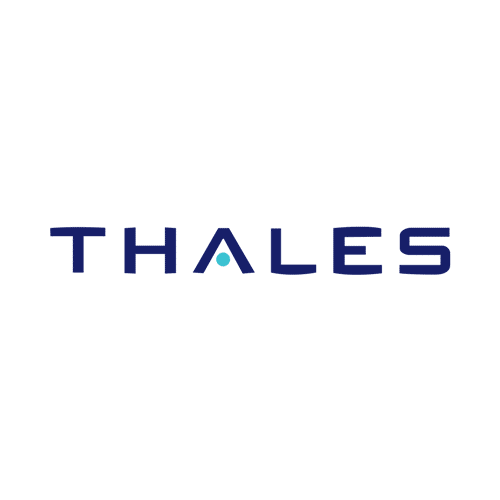
The challenges related to the circular econony
The circular economy is a real source of innovation that stimulates the development of new value chains based on the emergence of new ecosystems. Feedback from circular economy projects based on the creation of sectors and value chains is increasing (e.g., Aliapur and the used tire sector or Citéo and the PET packaging sector). This feedback highlights two main challenges to set up profitable sectors:
In other words, improving the identification, selection, and collection of quality material sources, in sufficient quantity to achieve economies of scale. In particular, collection now has the largest impact on valorization costs. In many cases, while the sources to be valorized exist, they are generally in quantities too limited to be directly valorized. This raises the question of the mutualization of a logistic chain capable of recovering diffuse sources that are distributed in different sites. New logistics approaches and business models need to be developed.
How can we introduce a circular economy strategy right from the R&D phases?
The goal is to be competitive with landfill or thermal valorization approaches. Achieving financial profitability depends in large part on the valorization of collected materials and the ability to find high value-added uses. Recycling, for example, is the promise of giving a new cycle to the material. Some materials such as glass or metal are “endlessly” recyclable. When it comes to plastics, the trick is to find ways to restore the raw material (monomer) without loss of quality (as the company Carbios proposes for PET).
Who are my new partners to develop a circular approach more quickly?
How we support you in your projects related to the circular economy
For more than 15 years, Alcimed has been supporting its clients on issues related to the circular economy. Historically, we have supported our industrial clients in all of our sectors (pharmaceuticals, agrifood, specialty chemicals, energy and environment, cosmetics, and aeronautics, space, and defense) in their search for more efficient processes from an environmental point of view and in the identification of more environmentally friendly raw materials. More recently, we have observed an accelerated interest in circular economy initiatives among our clients, as well as a desire to be more proactive.
We have therefore worked on different methodologies to continue to support our clients on this new uncharted territory:
Establishment of new valorization channels (identification of new markets, reflection on collection/logistics, identification of new partners, etc.)
Identification of new opportunities (service offer, new business models) linked to incoming circular value chains
Definition of circular roadmaps to increase the share of circularity in current and future businesses
Examples of recent projects carried out for our clients in circular economy
Search for opportunities to valorize industrial ashes in a circularity approach
Our team supported a chemical company generating ash through its activity in its valorization strategy. As part of a circularity initiative, this industrial player wanted to valorize these wastes being produced throughout the world.
We first established ‘product sheets’ describing the performances associated with these new materials, before analyzing more than 10 industrial sectors to identify relevant applications according to pre-identified performance criteria. We then directly contacted the manufacturers concerned and validated their interest.
The result for our client? A list of new qualified partners ready to test the products offered.
Support for an eco-design process for flying taxis
Our team supported a mobility player seeking to develop flying taxis with a central focus on the circular economy. To do this, we integrated eco-design considerations into its development processes and identified two points of investigation:
- Can we rely on existing recycling industries?
- Are there alternative technologies that are more relevant from an economic and societal point of view?
Thanks to our investigation, we were able to identify recycling industries and decipher their operating methods, and on the other hand find partners offering alternative solutions to one of our client’s components.
Strategy for the valorization of production waste as part of a remanufacturing process
Our team supported an industrial player in its circular economy initiative to identify and select different technological avenues that would allow it to re-use its production waste in its own production cycle.
We first produced a technological panorama presenting all the possible approaches to treatment and valorization of the materials considered, with no sectoral limits. We then analyzed these approaches according to their performance, maturity, and applicability to our client’s context in order to select the most relevant ones.
At the end of this stage, we identified on the most attractive approaches, a first selection of potential partners to support our client in its developments.
Opportunity study for the creation of a label waste valorization industry
Our team supported a labeling manufacturer in the valorization of its label waste.
During the first stage, various new potential uses were identified, taking into account the intrinsic characteristics of this waste. Secondly, we looked at establishing an industry for the most promising uses.
This second step made it possible to identify and select players who were able to perform tests from samples and validate a first proof of concept for our client.
Support for a major player in water management in its circularity initiative concerning its used products
Alcimed supported a major player in water management in its circularity approach by analyzing and categorizing the plastic and metal used in the design of its products. Initially, we qualified our customer’s products on the basis of data collected internally. We then identified the unqualified references and began a clarification process with the suppliers of these products. Finally, together with the company’s experts, we defined and validated hypotheses by drawing up material composition trends for each under-qualified product family.
As a result of this work, we were able to provide our customer with relevant and qualified information on its products, and recommended various sustainable alternatives.
Assessment of future circularity regulations for a leading player in the aeronautics industry
Alcimed worked with a major player in the aeronautics industry to identify upcoming regulations on circularity and analyze best practices for responding to them.
As a first step, we mapped out future regulations likely to apply to the aeronautics sector, and then our team identified sectors similar to the aeronautics industry where similar issues had arisen. We then conducted interviews in the targeted industries to analyze practices in the investigated sectors.
At the end of these stages, based on the analyses carried out on the information gathered, we proposed to our customer ideas for key actions to be implemented to anticipate and integrate the circular economy into its practices, and ensure regular monitoring of future regulations.
You have a project?
To go further
Energy - Environment - Mobility
The circular economy to support a more sustainable mobility
How does the circular economy apply to the mobility sector? What are the most striking projects developed in sustainable mobility in the past years in France?
Agrifood
The insect industry: a sustainable model of circular economy?
Insect breeding for protein production is at a turning point. In France, the pioneering start-ups that appeared a few years ago are starting to move to industrial scale, for example NextAlim, ...
Public policy
How does the circular economy facilitate access to technical aids?
Technical aids are a major issue for maintaining the autonomy of elderly and handicapped people. The development of structures for the circularization of technical aids seems to provide elements of a ...
Founded in 1993, Alcimed is an innovation and new business consulting firm, specializing in innovation driven sectors: life sciences (healthcare, biotech, agrifood), energy, environment, mobility, chemicals, materials, cosmetics, aeronautics, space and defence.
Our purpose? Helping both private and public decision-makers explore and develop their uncharted territories: new technologies, new offers, new geographies, possible futures, and new ways to innovate.
Located across eight offices around the world (France, Europe, Singapore and the United States), our team is made up of 220 highly-qualified, multicultural and passionate explorers, with a blended science/technology and business culture.
Our dream? To build a team of 1,000 explorers, to design tomorrow’s world hand in hand with our clients.
The circular economy is a phenomenon that consists in producing goods and services in a more sustainable way, i.e by limiting the consumption and waste of planetary resources and the production of waste.
More and more industrial players are interested in integrating circularity principles into their activities to develop sustainable production and sustainable consumption approaches. The principles of circularity involve:
- Promoting sustainable sourcing, in particular by increasing the proportion of recycled materials in raw materials. This alternative sourcing approach requires forging new relations with industrial partners to create material synergies.
- Reducing the environmental footprint of processes for sustainable production, in particular by promoting the development of remanufacturing (i.e., producing with used products rather than raw material). These approaches are highly promising because they are synonymous with both material and energy savings.
- Studying how to valorize waste from production or consumption processes. The aim of these approaches is to develop valorization methods that are more desirable than thermal valorization. Chemical methods (solvolysis, pyrolysis, depolymerization, etc.) have thus been developed and are highly successful from a technical point of view. These initiatives are generally part of what is considered industrial and territorial ecology, which involves valorizing waste as raw material for a company’s own production lines or for close industrial partners.
A circular economy initiative is also reflected upstream of the production phase by integrating the principles of circularity stated above in the product design phase; this is the emergence of eco-design approaches. In essence, it is about designing modular products that are easy to repair, last longer, and can be broken down more easily to be reused.
The concept of selling a product is thus replaced by selling a use, leading to the advent of the functional economy and significant savings in raw materials and energy while mobilizing new economic models. These models are based on the implementation of new circular economy strategies that are notably based on collaborative consumption approaches.
Beyond simply complying with the regulatory framework, integrating a circular economy strategy can be a real lever for adding value and differentiating companies. In all, there are 4 business models for the circular economy:
- The substitution model, i.e. innovating in a market with a breakthrough alternative that promotes circularity,
- The service sales model, in which instead of selling a product, the company offers a service around it, thereby generating ongoing value while controlling the product’s life cycle in a circular way.
- The recycling model, where the company generates value by ridding other companies of their waste, or by selling a finished product derived from recycling.
- The reuse model, where products are recovered and rehabilitated to offer the same performance as new products, thus extending product life and generating value beyond operating standards.

